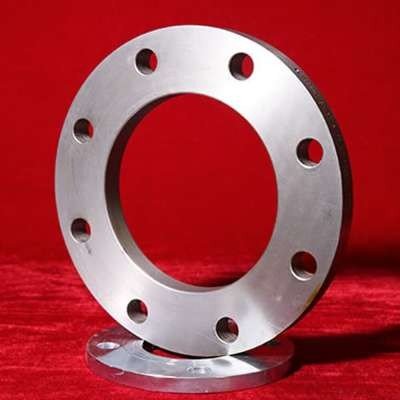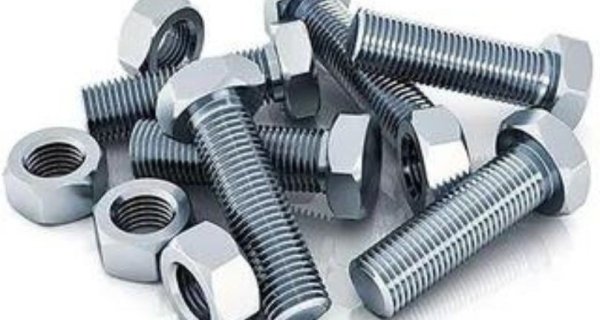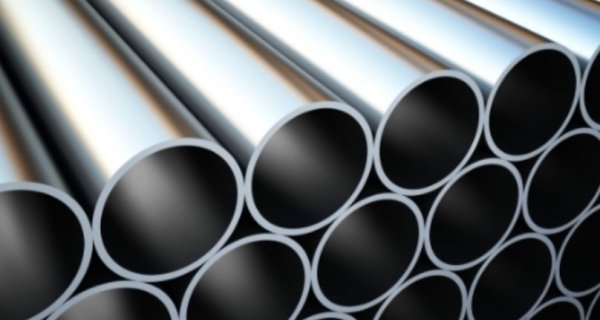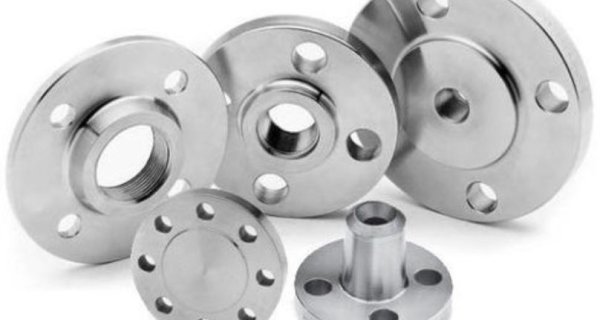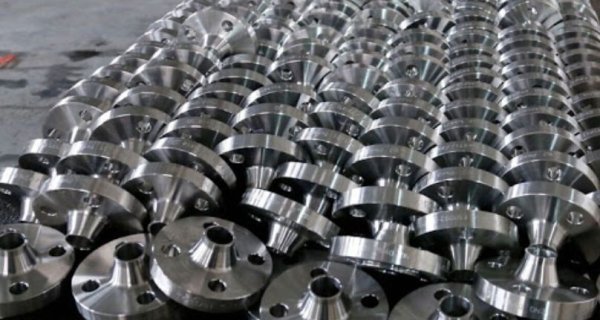Everything You Need to Know About Flanges: The Ultimate Guide
Pipingprojects.us is a significant Flanges Manufacturer in USA.
Posted 2 years ago in other, updated 2 years ago.
1. Everything You Need to Know About Flanges: The Ultimate Guide
Pipingprojects.us is a significant Flanges Manufacturer in USA. We produce and offer a wide range of flanges, including lap joint, weld neck, orifice, slip-on, and others. We employ a range of materials to make high-quality flanges. Chrome, molybdenum, and nickel are typical alloy steel flange materials. Chrome Moly Flanges are known for their superior corrosion and oxidation resistance. We are a leading flange supplier in USA.
2. What Are Flanges?
Flanges are mechanical components used to connect two parts together, typically in piping systems. They are flat pieces of metal with holes that allow bolts to fasten them securely to other flanges or equipment. Flanges create a seal to prevent leakage and ensure a tight fit. They come in various sizes, materials, and pressure ratings, making them versatile for different applications.
3. Types of Flanges
Flanges come in several types, each suited for specific purposes. Understanding these types can help you choose the right one for your needs.
1. Weld Neck Flanges
Weld neck flanges are designed for high-pressure applications. They feature a long, tapered neck that provides strength and stability. These flanges are welded to the pipe, ensuring a smooth flow and reducing stress concentrations.
2. Slip-On Flanges
Slip-on flanges are easier to install than weld neck flanges. They simply slide over the pipe and are then welded in place. These flanges are suitable for lower-pressure applications and are cost-effective.
3. Blind Flanges
Blind flanges are used to seal the end of a pipe or vessel. They have no opening in the center, which makes them ideal for applications where a permanent seal is required. Blind flanges can handle high-pressure environments and are often used in piping systems.
4. Threaded Flanges
Threaded flanges have internal threads that allow them to screw onto a pipe. They are used in applications where welding is not feasible. Threaded flanges are typically used in lower-pressure systems and are easier to disassemble.
5. Lap Joint Flanges
Lap joint flanges are designed to be used with a stub end that is welded to the pipe. The flange itself does not come into contact with the pipe, which allows for easier alignment and disassembly. These flanges are used in systems where frequent maintenance is required.
4. Materials Used for Flanges
The material of a flange plays a crucial role in its performance. Here are some common materials used in flange manufacturing:
1. Carbon Steel
Carbon steel is a popular choice due to its strength and durability. It is often used in oil and gas and chemical industries. However, it may require additional coating or treatment to prevent corrosion.
2. Stainless Steel
Stainless steel flanges offer excellent corrosion resistance and are suitable for high-temperature and high-pressure applications. They are commonly used in food processing and pharmaceutical industries.
3. Alloy Steel
Alloy steel flanges are made with additional elements like chromium and molybdenum, enhancing their strength and resistance to extreme temperatures. They are ideal for demanding applications in power generation and heavy industries.
4. Plastic and Composite Flanges
Plastic and composite flanges are used in corrosive environments where metal flanges might degrade. They offer lightweight and cost-effective solutions for various industries.
5. We are Flanges Supplier In:
6. Applications of Flanges
Flanges are used in numerous industries and applications, including:
1. Piping Systems
In piping systems, flanges connect pipes, valves, and other components, ensuring a secure and leak-proof system. They are essential in industries like oil and gas, water treatment, and chemical processing.
2. Construction
In construction, flanges are used in structural steelwork to connect beams, columns, and other structural elements. They help in creating strong and stable frameworks for buildings and infrastructure.
3. Automotive Industry
Flanges in the automotive industry connect various components such as exhaust systems and engine parts. They play a crucial role in ensuring the performance and safety of vehicles.
7. Why Are Flanges Important?
Flanges are vital for several reasons:
1. Leak Prevention
Flanges create a tight seal, preventing leaks and ensuring the integrity of the system. This is crucial in industries where even minor leaks can cause significant issues.
2. Ease of Maintenance
Flanges allow for easy disassembly and reassembly of components. This makes maintenance and repairs more manageable, reducing downtime and costs.
3. Versatility
With various types and materials, flanges can be tailored to suit different applications and environments. This versatility makes them an indispensable part of many systems.
8. Choosing the Right Flange
When selecting a flange, consider the following factors:
1. Pressure Rating
Ensure the flange can handle the pressure of the system. Flanges come with different pressure ratings, so choose one that matches your requirements.
2. Material Compatibility
Choose a flange material that is compatible with the fluids or gases in the system. Consider factors like temperature, pressure, and corrosion resistance.
3. Size and Standards
Flanges come in various sizes and follow different standards. Ensure the flange you select matches the size and standards of your system components.
9. Flanges Manufacturer In USA
We are a great flange manufacturer. These flanges can be manufactured by forging or casting. These components, available from renowned stainless steel flange manufacturers, are used to strengthen or connect beams and columns. Installing stainless steel pipe flanges requires a certain flange type that enables a precise and secure fit for seamless integration into the piping system.
